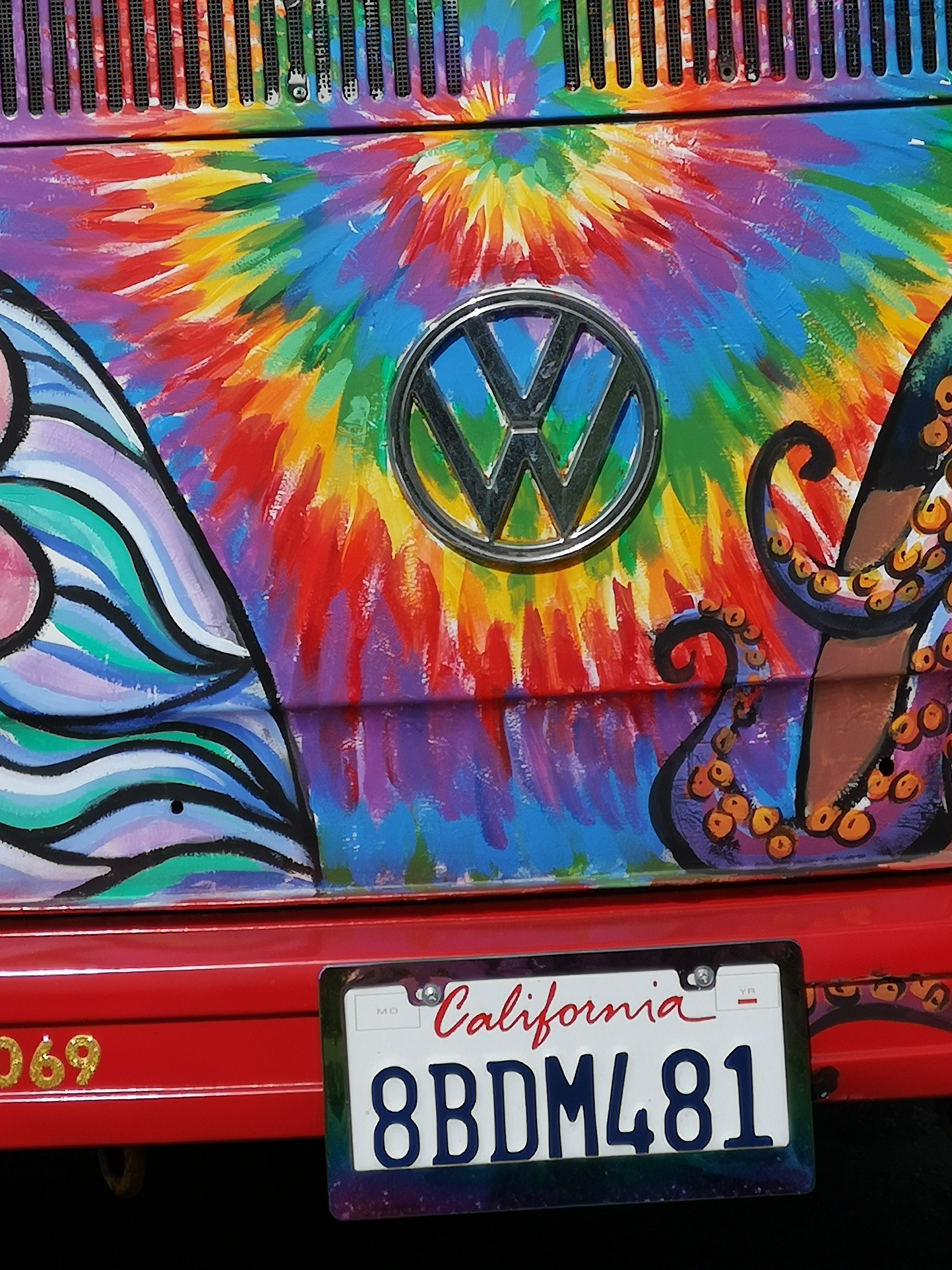If only everything in life was as reliable as a Volkswagen
Think Volkswagen (VW) and what immediately springs to mind? The Ferdinand Porsche designed ‘people’s car’, inspiration for the iconic VW Beetle? Perhaps the market dominating manufacturers emphasis on safety? Reliability? An environmentally friendly ethos?
In 2014 one out of every ten cars sold was a VW, leading to the brand becoming the world’s top selling car manufacturer in 2015. The brand was solid, reliable and trusted around the globe. Rumbling on the near horizon however, were the dark clouds of ‘Dieselgate’.
The Dieselgate scandal

Dieselgate or ‘dieseldupe’ as some have dubbed it, is the story of an admired and trusted company secreting away in their diesel vehicles, a ‘defeat device’. The purpose of the defeat device? To detect when the car’s engine was tested for harmful emissions and to adjust the level of pollutants present to a less accurate but more agreeable level. The rigged test results almost halved the levels of some toxic emissions. In short, the defeat device served to cheat the testing software, the customer and the environment.
The fixed mindset trap

Fast forward to VW’s initial reaction to the discovery of the defeat device. The first response from those at the very top of VW laid bare a culture of fixed mindset thinking around the criminal activity. Here we’ll focus on three classic behaviours that highlight VW’s fall into the fixed mindset trap.
1. A Fixed Mindset Business – Accountability and a Culture of Blame

In October, 2015, the then CEO of VW, Michael Horn told a Congressional hearing in the United States, “This was not a corporate decision, from my point of view, and to my best knowledge today … this was a couple of software engineers who put this in for whatever reasons.” Rather than encourage an open line of inquiry, VW’s reflex was to deny widespread company knowledge of the unfolding scandal. VW pointed fingers and cast about for scapegoats. Instead of acknowledging just how deep the scandal was rooted within VW, the CEO deflected responsibility (even though he later admitted that he too struggled to believe it hadn’t been a corporate decision to install the defeat devices). Horn’s opaque approach only served to further damage the dependability of the VW brand.
After pleading guilty in 2017 to obstructing justice and violating the US Clean Air Act, senior managers at VW continued to deny involvement.
Even after former CEO Martin Winterkorn was indicted for conspiracy to fraud the US government and Rupert Stadler, head of VW’s Audi division was arrested on suspicion of involvement, VW steadfastly denied senior management involvement. Instead blame continued to be placed with lower level managers and engineers. The emerging culture of shame and blame set the scene that would reveal the further shortcomings of a fixed mindset culture at VW.
2. A Fixed Mindset Business – Cheating to Gain a Competitive Edge

Keen to gain a firmer foothold on the US market, VW emphasised the ability of their diesel cars to efficiently cover mile after mile, with impressive fuel economy, whilst keeping pollution to a minimum. VW had it’s eye on California, the biggest car market in the US but in 2010 the state introduced tough new regulations around nitrogen oxide emissions, an example that other states would soon follow. The car manufacturer that could confidently claim their vehicles could meet these new regulations with flying colours would have a huge market advantage. Desperate to corner the US market but unable to match the claims they’d made about performance, VW broke the rules to gain a competitive edge and illicitly included the cheat device in its cars.
Only when the US Environment Protection Agency (EPA) commissioned researchers at West Virginia University to monitor exhaust fumes of diesel cars both in the lab and on the road was the truth discovered.
3. A Fixed Mindset Business – Zero Transparency

In the weeks and months that followed the scandal, journalists and commentators talked of corporate silence and a sense of the shutters coming down at VW. Many of those involved either left VW or were suspended. Those who remained were fearful of the impact that further disclosure or discussion might have on them and the company.
In 2018, lawyer, Larry D. Thompson, appointed by the Court to monitor VW’s corporate rehabilitation reported that there was still a lack of transparency within the company, detailing how “The wrongful acts and crimes that were committed in the United States were enormous … The cultural change is going to be enormous, and it’s going to require lots of work on the part of the company.”
Notably, there was still no effective whistle blowing procedure, enabling employees to discuss problems without fear of retribution. Thompson also encountered a “reluctance to share certain information” requested by the US Court and a failure to hold executives accountable. Even Mathias Mueller, the former CEO at VW, following Michael Horn’s short time in the post, described an old school ‘centralistic leadership’ style of thinking amongst some that continued to harbour a resistance to change, he asked “I don’t know if you can imagine how difficult it is to change the mindset.”
Viv Dutton enables businesses large and small to unlock their growth mindset potential at Growth Mindset at Work. Viv is currently writing her first book, Growth Mindset at Work, due for publication in 2020.


